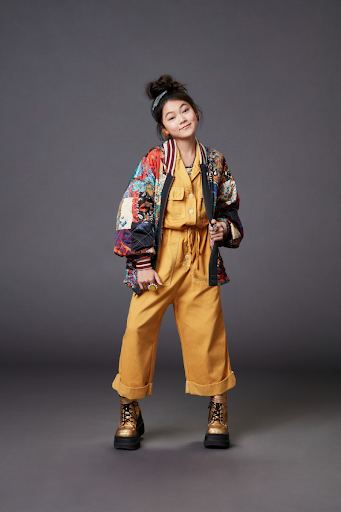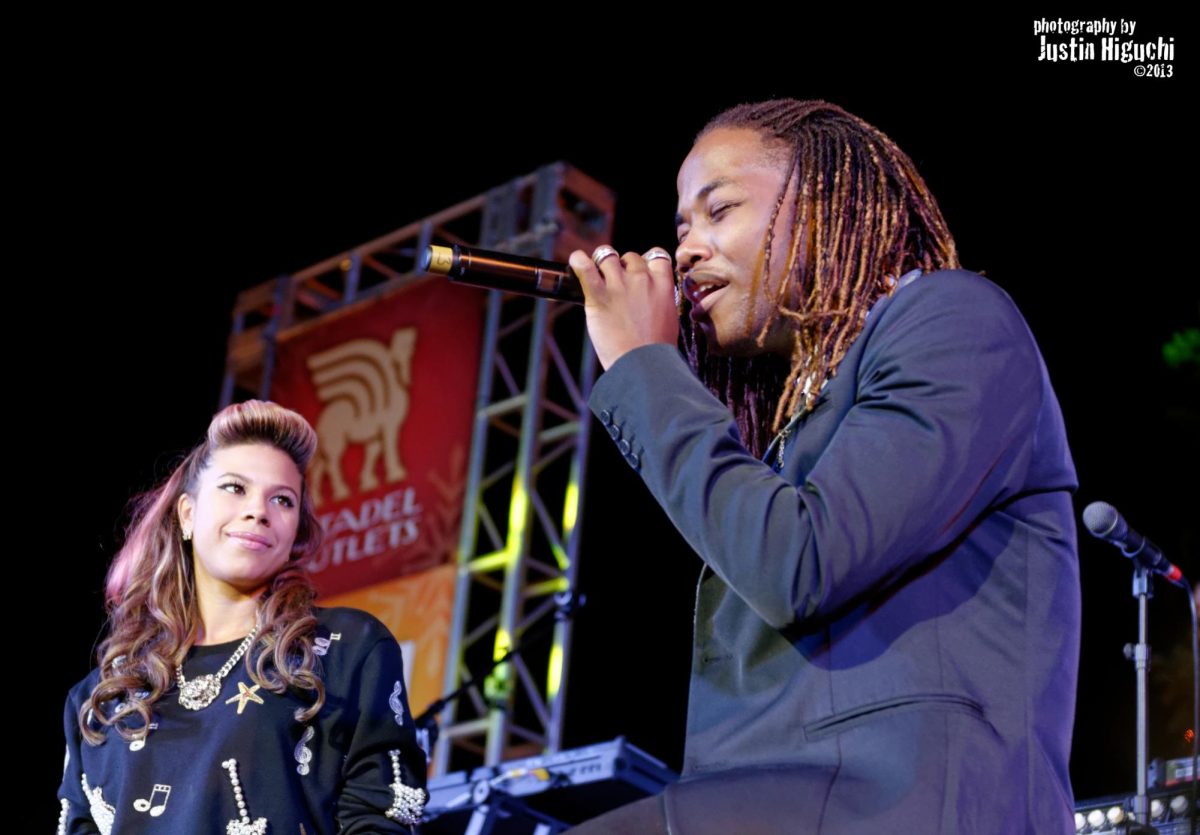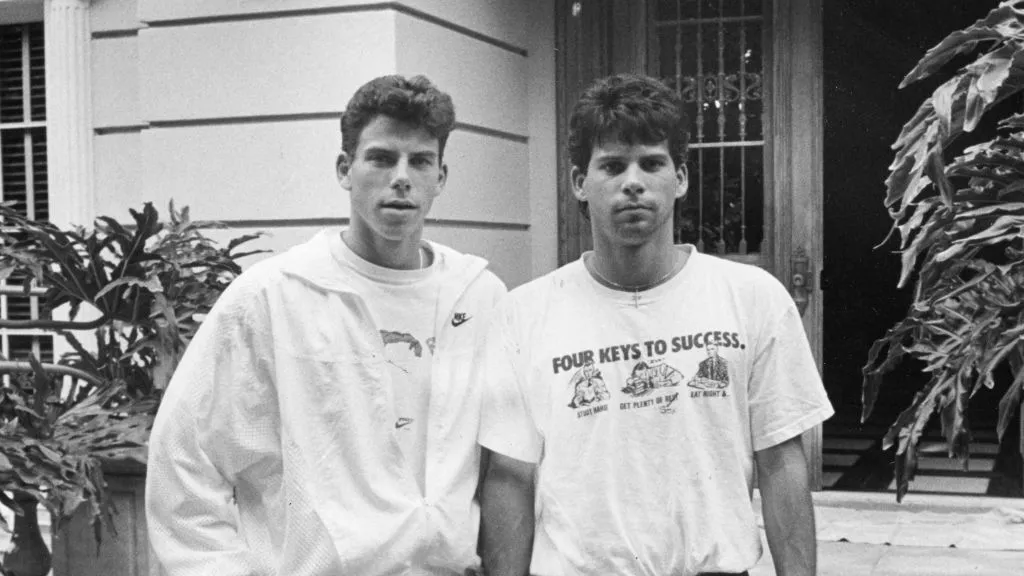“The Baby-Sitters Club” is a wildly popular children’s book series written by a historically women’s college alum and queer woman, Ann M. Martin (Smith ’77). Martin’s time at Smith influenced her to write about strong female characters, like the women she knew in her own life, and this comes out strongly in her books. The Netflix adaptation of “The Baby-Sitters Club” similarly does not disappoint. Although the show may be predictable, seeing all of the amazing characters, especially Claudia Kishi (played by Momona Tamada), come to life definitely helps keep viewers hooked.
Claudia plays a difficult role in season 2 episode 2, “Claudia and the New Girl,” where she trains Mallory, a new member of The Baby-Sitters Club, who comes across as the “weird kid.” This episode is a shout out to anyone who has ever felt left out or different from the rest of the pack. It shows Mallory struggling to be accepted and trying hard to be like Claudia, who is the epitome of cool, artsy and original. Yet Mallory could not be more different from Claudia and the rest of the club. Claudia gets increasingly frustrated the more time she spends with Mallory. But Mallory is just as creative and vibrant as Claudia, a fact that finally comes out when she talks about how much she loves writing.
Mallory finds acceptance towards the end of the episode after Claudia reads her stories. “You’re talented and imaginative and you have a voice worth listening to,” says Claudia when she offers to collaborate with Mallory on an illustrated book series. This sentiment is one worth remembering, and a surprisingly mature statement from someone who is barely a teenager.
Episode 7 deals with loss and grief in a beautiful and poignant way. Titled “Claudia and the Sad Goodbye,” it is about Claudia losing her grandmother, Mimi, and explores her feelings as she copes with this loss and tries to distract herself from mourning. Claudia manages to stay connected to her grandmother through their tradition of making matcha, something Mimi taught her just before she died. This helps bring everyone together at the end of the episode to share happy memories of Mimi.
Episode 7 also explores LGBTQ+ identity through Claudia’s sister Janine, who is dating Ashley Wyeth, the most popular girl in school. Ann M. Martin is a queer woman, and while her books never explicitly mentioned queer identity, this is not the first time the show has discussed LGBTQ+ rights; in season 1, a transgender storyline was explored through a young child, Bailey. Janine and Ashley’s relationship is wonderfully sweet, as is Claudia’s reaction to it.
Netflix also has a documentary short called “The Claudia Kishi Club,” where Asian American creatives come together to talk about how inspiring and instrumental this character was in shaping their lives. Sarah Kuhn, author of the “Heroine Complex” novels, says in that documentary, “Usually, the Asian character or the woman of color character is the one you feel like you have to be… whereas I feel like Claudia is the one everyone seems to want to be.” Claudia is stylish, outgoing, creative and inspiring, and the stereotype-shattering Asian American representation we need.
Every member of The Baby-Sitters Club, from strong, independent Kristy to passionate activist Dawn, is a role model for young people. Each main character goes through a life-changing event in season 2 — Kristy gets used to living with her mother’s new partner (and by the end of the show, her stepfather) Watson. Stacey learns how to manage her diabetes better. Mary Anne gets a boyfriend (for one episode) and learns how to navigate new family dynamics. As a queer woman and a historically women’s college alum, Ann M. Martin’s depiction of female friendship and LGBTQ+ identity is accurate and wonderful. This show covers a wide array of topics, and with something everyone can connect with, this show is definitely worth a watch.




